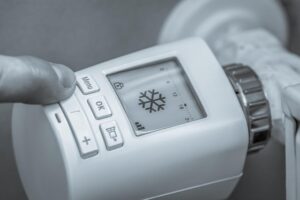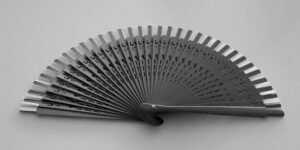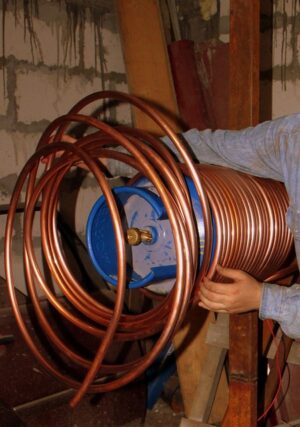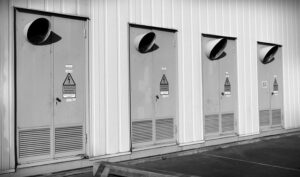Electric water heater technology offers diverse options with tankless and storage heaters improving efficiency over traditional models. Performance depends on wattage, system type, and maintenance practices. Regular upkeep, upgrades to energy-efficient models, and sustainable water heating habits significantly reduce electricity consumption and utility bills while promoting eco-friendliness.
Efficient electric water heaters are a modern solution for consistent, on-demand hot water. In today’s world, where energy efficiency is paramount, these heaters offer both convenience and cost savings. This article delves into the technology behind electric water heaters, explores factors affecting hot water consistency, and provides tips for optimal performance. By understanding these key aspects, you’ll be equipped to make informed decisions when choosing or optimizing your electric water heater.
- Understanding Electric Water Heater Technology
- Factors Affecting Hot Water Consistency
- Tips for Optimal Performance and Efficiency
Understanding Electric Water Heater Technology

Electric water heater technology has evolved significantly over the years, offering a range of options for both residential and commercial applications. At the heart of modern water heating systems lies the efficient use of electricity to provide consistent hot water. Tanked electric heaters, a common sight in many homes, utilize an element immersed in water to heat it, storing the warmed water until needed. This traditional method is reliable but often lacks energy efficiency due to standby heat loss when the tap is not in use.
In contrast, tankless or point-of-use electric heaters offer a more advanced solution by heating water instantly as it flows through the system. This technology eliminates the need for storage tanks, reducing energy consumption and saving space. Electric storage heaters are another innovative option, designed to charge during off-peak hours when electricity rates are lower and discharge when hot water is required, ensuring a constant supply of heated water while optimizing energy usage. These advancements in electric water heating contribute to more sustainable and cost-effective home water heating solutions.
Factors Affecting Hot Water Consistency
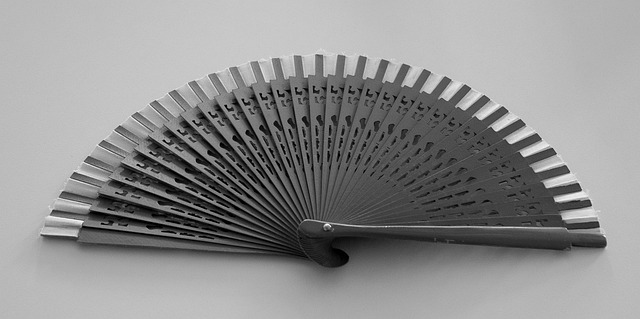
The consistency of hot water provided by electric water heaters is influenced by several factors. Firstly, the capacity and power rating of the heater play a crucial role in determining how quickly and consistently it can heat the water. Residential electric heaters with higher wattage or BTU (British Thermal Unit) output will generally deliver hot water faster and more efficiently.
Another key factor is the type of electric water heating system. Tank water heaters, for instance, store hot water in a reservoir, ensuring a steady supply when needed. Electric storage heaters also maintain a constant temperature by storing heat during off-peak hours. In contrast, tankless electric systems or point-of-use (POU) heaters provide instant hot water without a storage tank, but their efficiency can be affected by water flow rate and temperature settings. Energy-efficient heating technologies further enhance consistency by reducing energy wastage, ensuring the hot water remains at the desired temperature for longer periods.
Tips for Optimal Performance and Efficiency

To get the most out of your electric water heaters, there are several tips to ensure optimal performance and efficiency. Firstly, regular maintenance is key. Cleaning the heating elements and checking for any leaks or corrosion in the tank (for tank water heaters) can significantly improve energy efficiency. Replacing old or damaged parts promptly prevents inefficient operation.
Secondly, consider installing tankless electric systems or point of use heaters for immediate hot water without the need to store excess heat. This is especially beneficial for larger households or commercial spaces with high hot water demands. Additionally, upgrading to energy-efficient heating technology can reduce electricity consumption and lower your utility bills. Remember that efficient home water heating practices, such as using low-flow fixtures and fixing leaks, contribute to a more sustainable and cost-effective home environment.
Efficient electric water heaters offer a reliable solution for consistent hot water, especially with careful consideration of factors like element placement and insulation. By following tips for optimal performance, such as maintaining regular maintenance and setting ideal temperature settings, you can ensure your electric water heater provides efficient, uninterrupted access to hot water. Incorporating these strategies helps extend the life of your water heater while reducing energy consumption, ultimately making it a smart choice for modern households.

